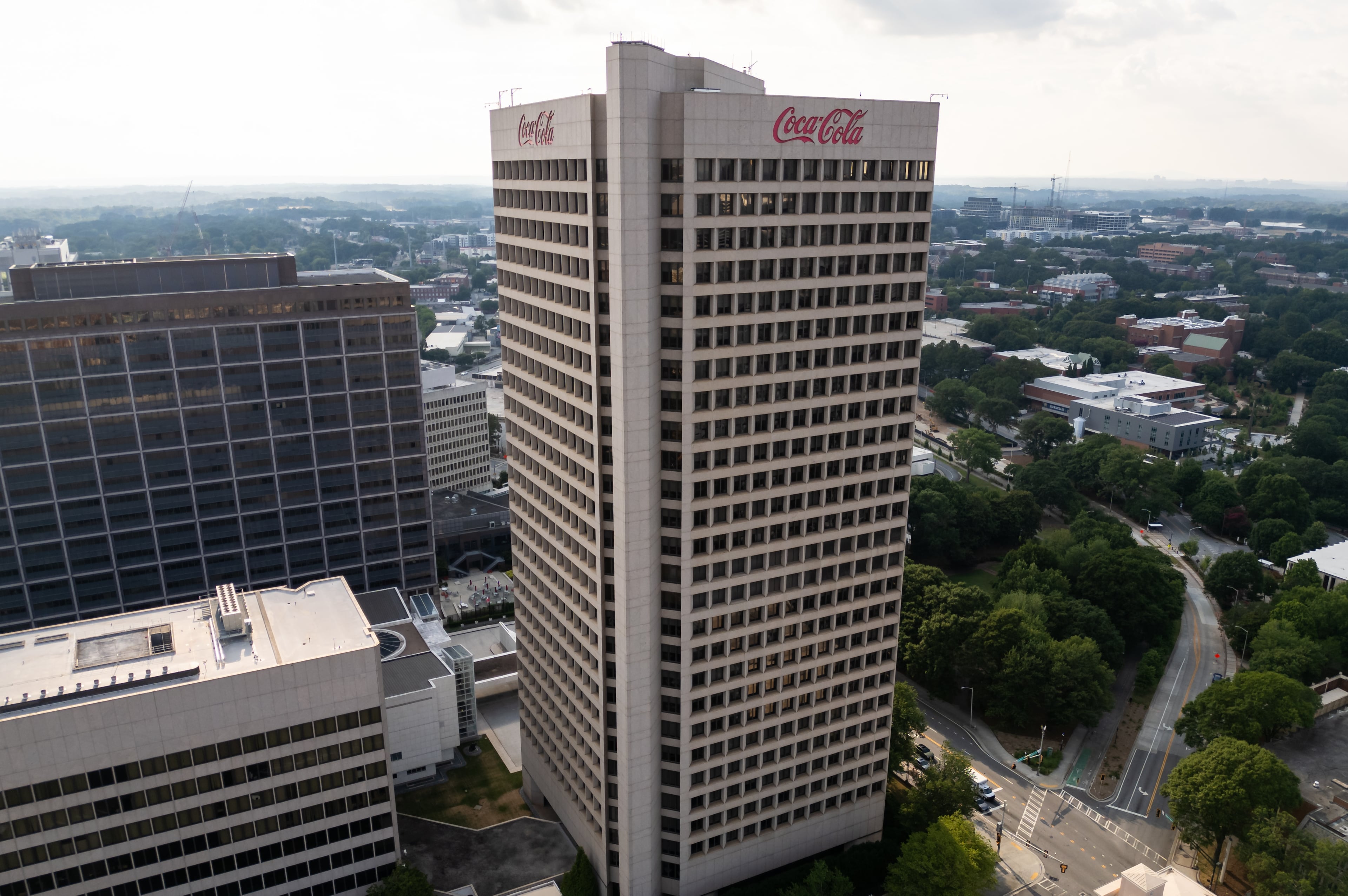Colonial Pipeline’s chief retiring after a difficult year

Colonial Pipeline said its longtime chief executive is retiring, months after the national pipeline network suffered two massive leaks and a fire that killed a worker and crimped Atlanta’s gasoline supply for days.
CEO Tim Felt said it was his decision to step down from leading the Alpharetta company at the end of this month.
“It has been a privilege to lead Colonial Pipeline over the past eight years,” Felt said in a press release. “After careful thought and consideration, now is the right time for me to retire.”
Colonial, a privately-held company, operates a 5,500-mile fuel pipeline network that transports more than 100 million gallons a day of gasoline, diesel, jet fuel and other fuels. The pipelines stretch from refineries in Houston and along the Gulf of Mexico coast to New York and points in between. Atlanta is its biggest market.
Colonial said its board of directors and shareholders “thanked Felt for his leadership and contributions, especially during the challenging months Colonial recently faced. During Felt’s tenure as CEO, Colonial’s business steadily grew through capacity expansion, an acquisition, joint ventures and partnerships.”
Colonial named former AGL Resources CEO John Somerhalder as the company's interim CEO starting Feb. 1. Somerhalder was head of the Atlanta-based natural gas utility when Southern Co. acquired it in 2015 in a $12 billion deal, including cash and debt.
Last September, a leak in one of its pipelines near Helena, Ala., resulted in a big gasoline spill and shut down fuel shipments for more than a week, resulting in gasoline price spikes and service station shutdowns in metro Atlanta.
About a month later, a construction accident a few miles from the earlier spill site resulted in an explosion and fire. One contractor died and five other workers were injured.
The second incident again shut down the pipeline, but for a shorter period, and gasoline price hikes and shortages in metro Atlanta weren’t as dramatic.
About a decade ago, Colonial opted not to expand its main pipeline system to Atlanta by as much as 30 percent, saying it and its fuel-shipping customers weren't willing to pay for the expansion.


